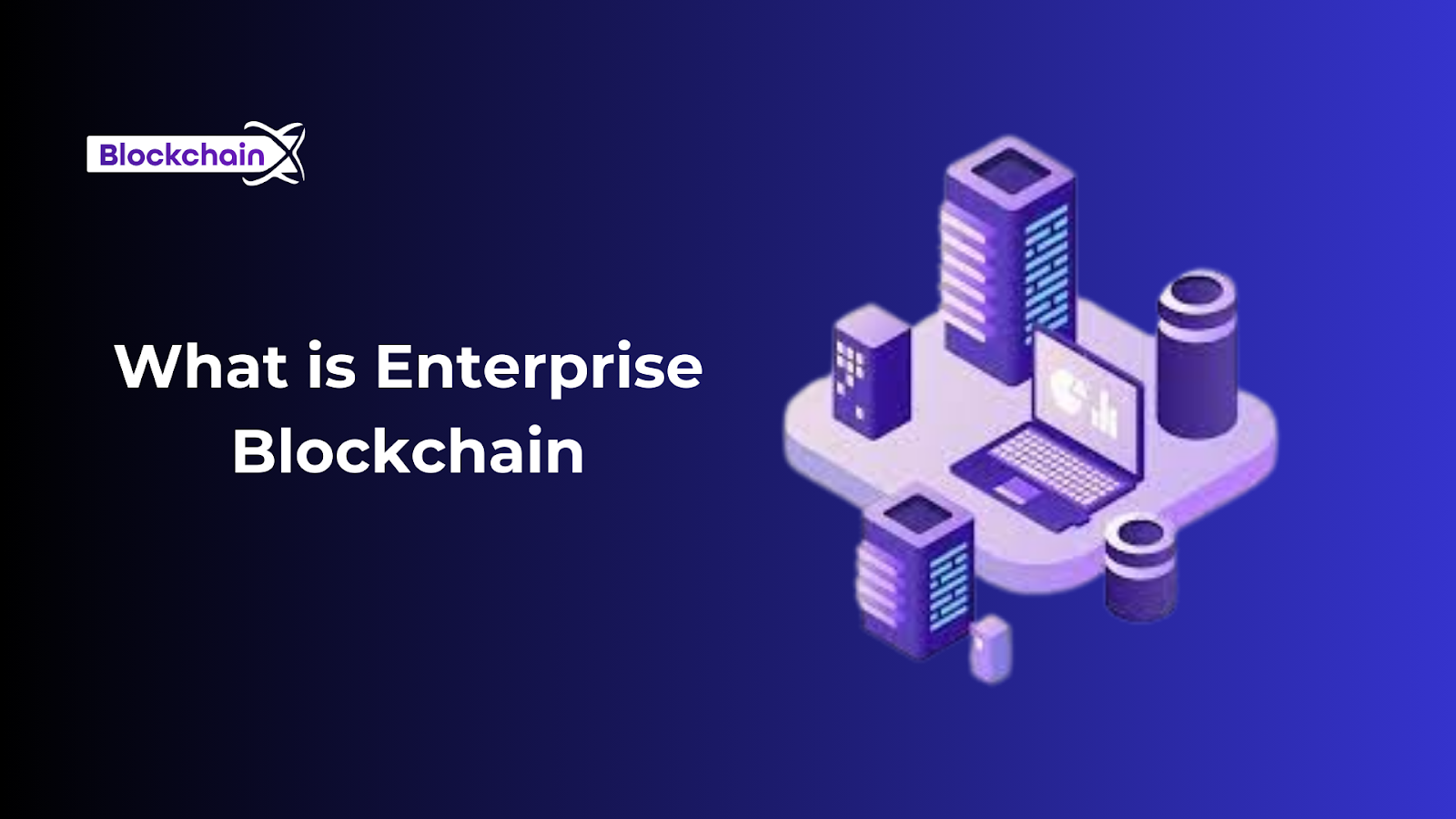Salesforce integration, in essence, involves the seamless connection between Salesforce and your organization’s internal software infrastructure. This connection empowers you to harness the collective robust functionalities of all interconnected platforms. Imagine scenarios where crucial information resides within one system while being necessary in another within your technological framework. Through efficient integration, managing diverse business activities spanning multiple platforms becomes a streamlined process.
The relevance of integration is steadily on the rise, and in today’s digital era, independent operation of software systems has become an exception rather than the norm. This shift stems from our continuous pursuit of heightened efficiency and enhanced customer experiences, crucial for maintaining competitiveness. This article delves into the strategies for achieving swift and adaptable system integration, addressing the contemporary need for seamless collaboration across platforms.
What is Integration in Salesforce?
Integration in the context of Salesforce refers to the process of connecting the CRM platform with other applications, databases, or systems to enable the smooth flow of data and information. This integration ensures that disparate systems work harmoniously, eliminating data silos and enhancing the efficiency of business processes. By integrating Salesforce with other tools, organizations can unlock valuable insights, improve customer experiences, and automate tasks that were previously time-consuming and error-prone.
Types of Integration in Salesforce
API Integration:
Application Programming Interfaces (APIs) allow different software applications to communicate with each other. Salesforce provides various APIs, such as REST, SOAP, and Bulk APIs, enabling seamless data exchange between Salesforce and external systems. This type of integration is particularly useful for real-time data synchronization and automation.
Middleware Integration: Middleware platforms act as intermediaries between different applications, facilitating data exchange and process automation. Tools like MuleSoft and Dell Boomi help integrate Salesforce with various other applications, both on-premises and in the cloud.
Event-Driven Integration:
This type of integration responds to specific events or triggers. For instance, when a lead is converted to an opportunity in Salesforce, an event-driven integration can automatically send an email to the concerned sales representative.
Data Import/Export Integration:
Organizations often need to import or export large volumes of data between Salesforce and other systems. Data loaders and ETL (Extract, Transform, Load) tools assist in moving data efficiently while maintaining data integrity.
Real-time Integration:
In scenarios where real-time information exchange is crucial, real-time integration tools like Heroku Connect ensure that data changes are reflected instantaneously between Salesforce and other systems.
Custom Integration:
For unique business requirements, custom integration solutions can be developed using languages like Apex, Salesforce’s proprietary programming language. Custom integrations are tailored to meet specific needs and can bridge any functionality gaps.
Salesforce Integration Services
The importance of effective Salesforce integration cannot be overstated. It not only streamlines business processes but also enhances data accuracy and accessibility. Salesforce integration services provide expertise in configuring, implementing, and managing these integrations, ensuring that data flows smoothly, security is maintained, and processes are optimized.
Conclusion
In the realm of modern business, data is the driving force behind informed decision-making. Salesforce, as a leading CRM platform, understands the importance of seamless data flow between various systems and applications. This is where integration comes into play. By integrating Salesforce with other tools, businesses can create a unified ecosystem that streamlines processes, enhances customer experiences, and maximizes efficiency.
With various types of integration available, organizations have the flexibility to choose the approach that best suits their needs. Whether it’s API integration for real-time data synchronization or middleware integration for complex system connections, Salesforce offers a range of solutions.
When it comes to Salesforce integration services, one name stands out: Nlineaxis. As a premier Salesforce consulting company, Nlineaxis specializes in offering top-notch integration solutions tailored to your business needs. With a team of experienced Salesforce professionals, Nlineaxis has a proven track record of successfully integrating Salesforce with various third-party applications, databases, and systems.
What sets Nlineaxis apart is its commitment to understanding your unique business requirements. Whether you need to synchronize customer data between Salesforce and your marketing automation tool, automate lead management, or create a unified dashboard pulling data from different sources, Nlineaxis has the expertise to make it happen seamlessly.
Nlineaxis doesn’t just offer integration services; it provides end-to-end Salesforce solutions. From initial consultation and strategy development to implementation, testing, and ongoing support, Nlineaxis is your trusted partner throughout your Salesforce journey.



